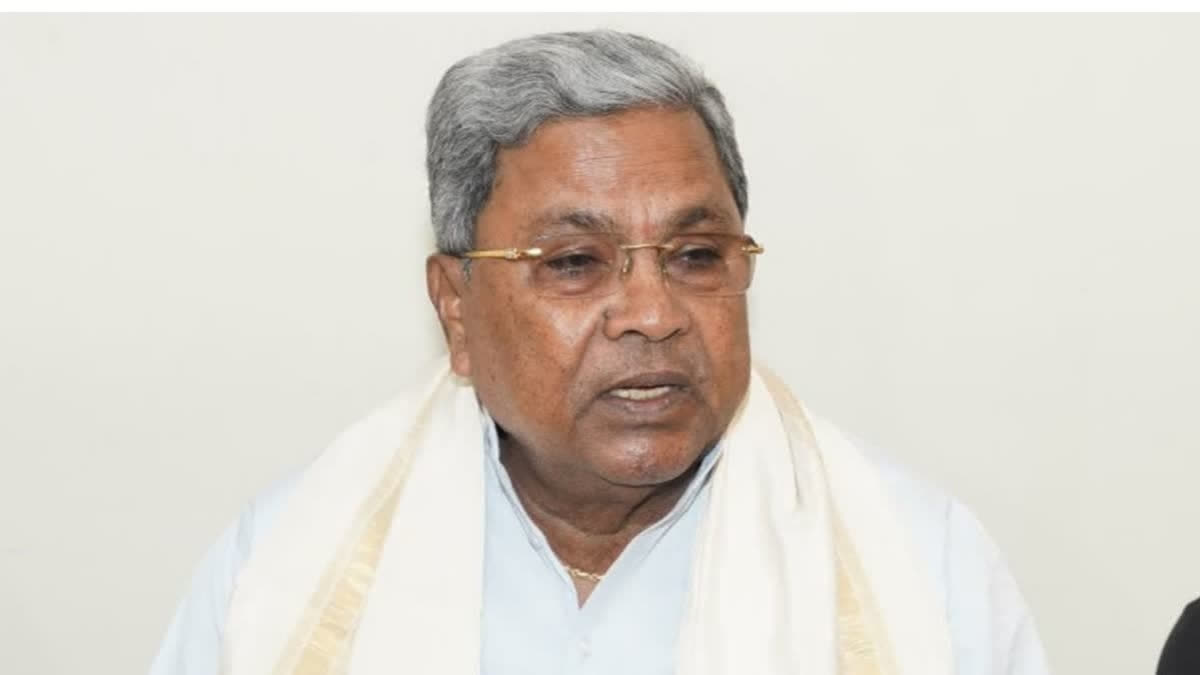By Mohammed Rafiq Mulla
Bengaluru: The Karnataka government's recent order to set up taluk-level Education Reform Committees chaired by MLAs to improve the enrolment and quality of education in government schools has sparked a controversy with educationists and other stakeholders raising objections claiming the move was unconstitutional and it violates the Right to Education (RTE) Act.
The Karnataka Government on January 13 issued an order directing all Deputy Directors of Public Instruction (DDPIs) and Block Education Officers (BEOs) to take immediate steps to form taluk-level Education Reforms Committees led by MLAs.
The Government claimed that in the existing set up the review of the progress of the primary and secondary education department and implementation of programmes are not happening effectively. Hence taluk-level committees are being set up.
Once formed, these committees will be tasked with monitoring enrolments of students, their attendance besides taking steps to improve the quality of education in their respective taluks. Besides, the committees will have to take necessary steps to bring down the dropout rate in government schools to almost zero and enhance community participation in school development.
However, critics argue that these committees will undermine the democratic functioning of already existing School Development and Monitoring Committees (SDMCs) as mandated by Sections 9,21 & 22 of the RTE Act.
Educationist V P Niranjanaradhya speaking to ETV Bharat, called the order "unconstitutional". "The RTE Act provides for SDMCs to manage and monitor government schools democratically. Entrusting this responsibility to MLAs introduces political interference into education, compromising the autonomy of school administration," he said while demanding the government withdraw the order forthwith.
Highlighting past disruptions in educational institutions owing to the hijab controversy, Niranjanaradhya warned that politicising school management could harm the state's educational harmony.
Some even see this move as part of the state government's larger plan to shut down government schools with low enrolments pointing out that taking steps to merge schools with low enrolment under the state government's 'Hub and Spoke' model is one of the responsibilities of these proposed taluk-level committees.
"This will disproportionately affect underprivileged children who depend on government schools for affordable education," says the All India Democratic Students’ Organization (AIDSO). In a statement, the organisation reminded the public of its successful protests against a similar initiative under the BJP government, which sought to close 13,800 schools.
AIDSO urged the state government to reverse its decision and focus on improving infrastructure, providing adequate facilities, and addressing systemic issues that lead to low enrollment.
Niranjanaradhya also said, if the RTE Act guarantees a school in every neighbourhood then closing schools violates this fundamental right and deprives children of the opportunity for education.



